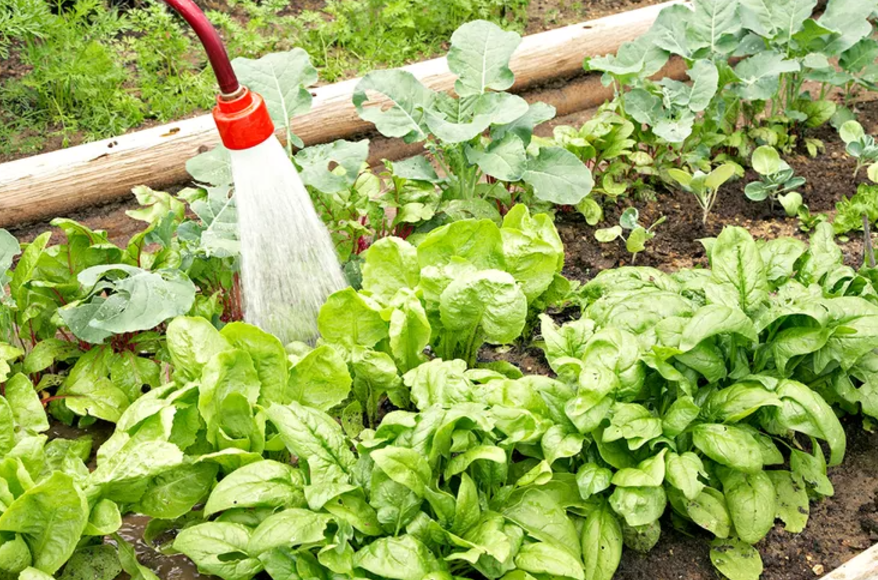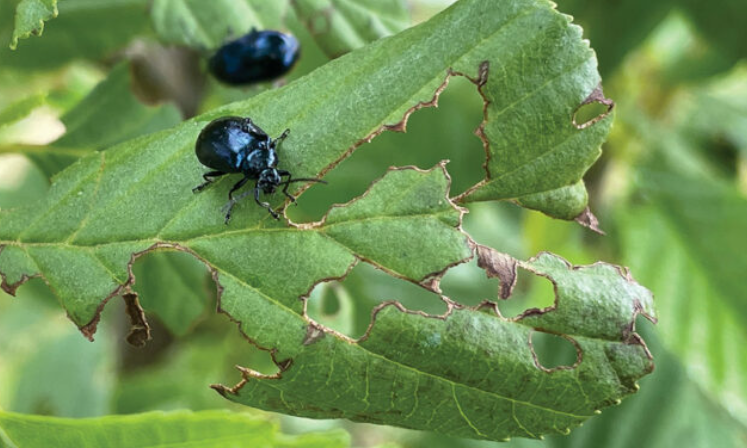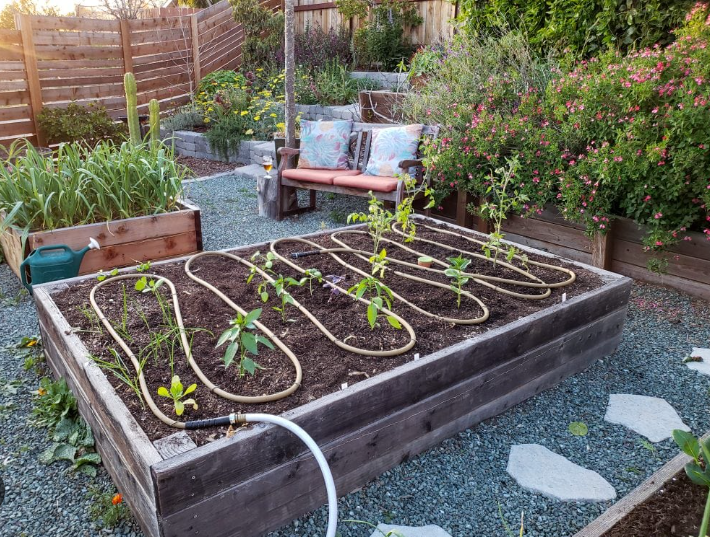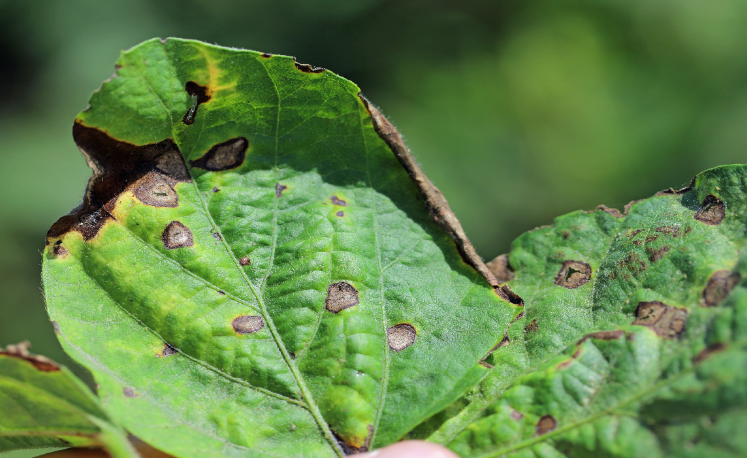Pest Control: Beneficial Insects
Solution: Introduce beneficial insects like ladybugs, lacewings, and predatory beetles into your garden to naturally control pests such as aphids, whiteflies, and mealybugs. These insects help keep pest populations in check without harming your plants or pollinators.
Tip: Plant pollinator-friendly flowers like dill, fennel, or marigolds to attract these beneficial insects to your garden.
Disease Management: Crop Rotation and Healthy Soil
Solution: Practice crop rotation to prevent the buildup of soil-borne diseases. By changing the location of your plant families each year, you can reduce the risk of diseases like blight and rust. Additionally, improve soil health with compost, organic matter, and proper drainage to support healthy plant growth and prevent fungal infections.
Tip: Keep a garden journal to track crop rotations and ensure plants from the same family (e.g., tomatoes, peppers) aren’t planted in the same spot for multiple seasons.
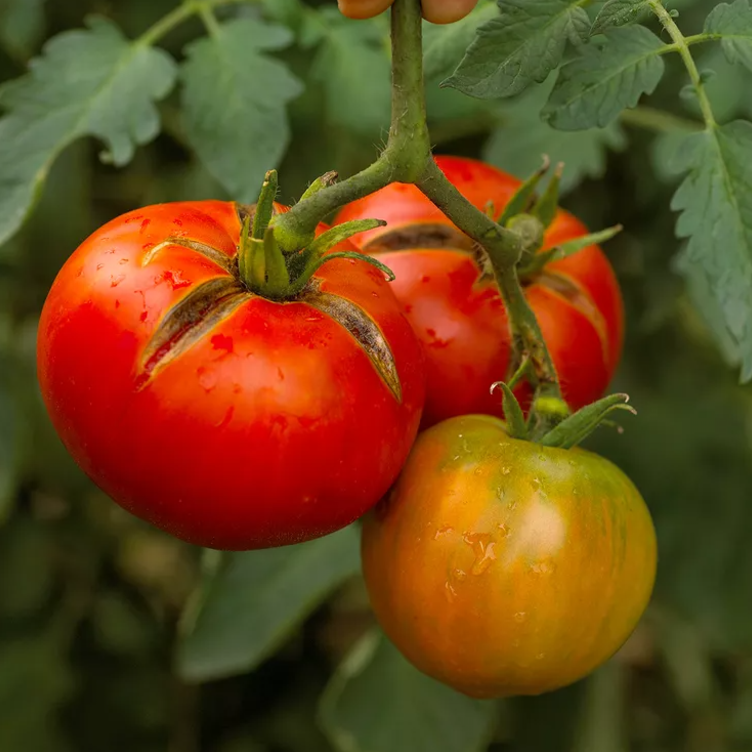
Seasonal Maintenance: Mulching and Pruning
Solution: Apply mulch in the spring and fall to help retain moisture, regulate soil temperature, and suppress weeds. During the growing season, regularly prune dead or diseased plant material to improve airflow and reduce the spread of disease.
Tip: Use organic mulch, such as straw or wood chips, and ensure it’s applied thick enough (2-4 inches) for maximum effectiveness. Prune early in the day to reduce the risk of fungal infection.
